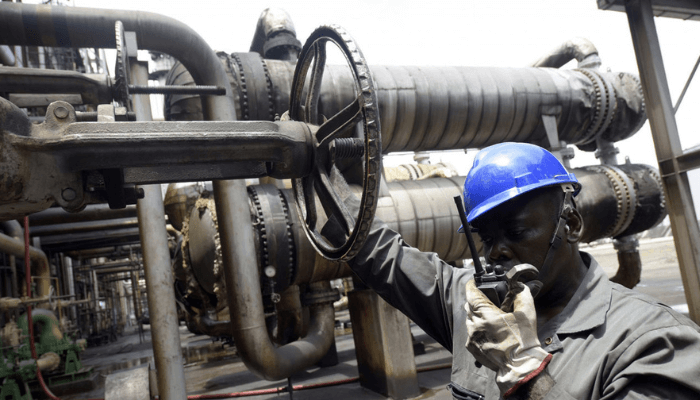The Nigerian National Petroleum Company Limited has discontinued the crude oil exchange deal for petrol and has started using cash tenders for the purchase of fuel for the first time in ten years.
According to Reuters, this change, which is consistent with President Bola Tinubu’s reform initiatives launched in May, intends to end expensive fuel subsidies and strengthen the financial stability of Africa’s largest oil-exporting country.
NNPC reportedly made this substantial adjustment in the company’s most recent tender for the purchase of gasoline due for delivery in November.
Furthermore, two of these sources attest that NNPCL wants to pay off the remaining debts related to long-standing oil swaps by the end of the upcoming month.
In the past, a number of consortia participated in these oil swaps, including local businesses like Sahara as well as international oil merchants like Vitol, TotalEnergies, and Mercuria.
NNPCL continues to be the only fuel importer despite the most recent reforms made by the current administration because of ongoing foreign exchange shortages and a price cap that makes it unprofitable for private importers to purchase fuel.
Petrol prices nearly tripled after President Tinubu removed subsidies in May, and there was a considerable drop in cross-border fuel smuggling, which was diverting millions of litres of petroleum daily to neighbours with higher pump prices.
The official naira exchange rate being closer to the parallel market rate is one of Tinubu’s administration’s main goals.
However, the black market exchange rate recently hit a record low of over 1,000 naira per dollar last month.











